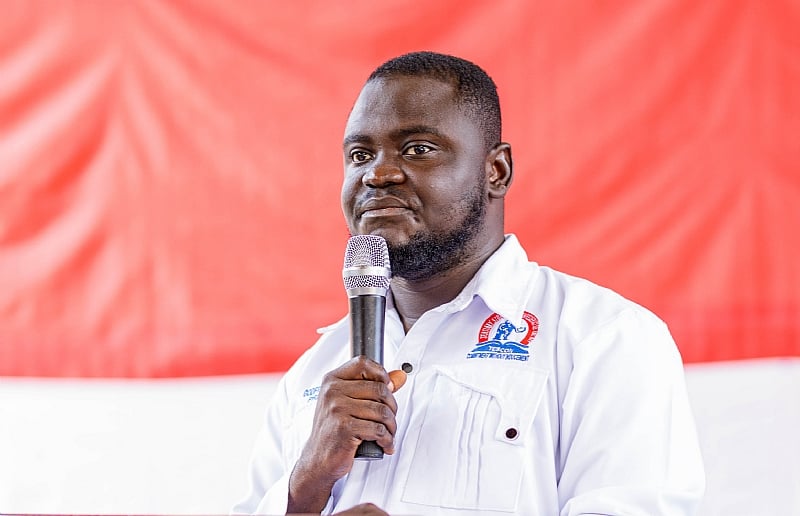The silence of the Ghanaian government, led by President John Dramani Mahama, following the alleged police brutality against students of Tamale Technical University has raised profound concerns about the state of democracy in the country. Almost a week after the incident, the government, along with relevant state institutions, has remained conspicuously silent, failing to address the alleged violation of students’ fundamental rights. This silence, perceived as indifference, casts a dark shadow over Ghana’s democratic principles, suggesting a potential endorsement of lawlessness and impunity by the ruling NDC administration. The absence of condemnation and calls for accountability fuels anxieties about the government’s commitment to upholding the constitution and protecting the rights of its citizens.
At the heart of this issue lies the fundamental right to freedom of speech and expression, enshrined in Article 21(1)(a) of the 1992 Constitution of Ghana. This article, along with Article 21(1)(d), which guarantees freedom of assembly and the right to participate in demonstrations, forms the bedrock of a democratic society. These rights are not mere privileges granted by the government but are inherent entitlements of every citizen. The alleged police brutality against students exercising these rights raises serious questions about the government’s respect for the constitution and its commitment to protecting these fundamental freedoms. The students, in demanding accountability, were exercising their democratic rights, and the alleged violent response by law enforcement raises concerns about the suppression of dissent and the erosion of democratic principles.
The government’s silence in the face of these alleged abuses signals a dangerous precedent, suggesting that the rights enshrined in the constitution are not absolute and can be violated with impunity. This silence effectively undermines the rule of law and emboldens those who might seek to suppress dissent through violence. The absence of a clear and firm response from President Mahama and his administration further amplifies the perception of complicity, raising concerns about the government’s willingness to uphold the constitution and protect the rights of its citizens. The failure to address the incident and hold those responsible accountable sends a chilling message, suggesting that the government condones the use of force against its own citizens who are exercising their fundamental rights.
The statement issued by Godfred Akwasi Frimpong, President of the Tertiary Students Confederacy of the New Patriotic Party (TESCON) at Kwame Nkrumah University of Science and Technology (KNUST), underscores the gravity of the situation. Expressing deep concern over the government’s inaction, Frimpong emphasizes the troubling irony of a government tasked with upholding constitutional provisions seemingly presiding over their abuse. This contradiction highlights the disconnect between the principles of democracy and the alleged actions of the state, raising questions about the government’s commitment to democratic ideals. Frimpong’s statement serves as a call to action, demanding immediate accountability from the police officers involved and a clear, firm response from the government.
The demand for accountability is not simply a call for justice for the affected students but a broader appeal for the protection of democracy itself. The government’s silence, in the face of alleged police brutality against students exercising their constitutional rights, undermines the very foundation of a democratic society. The lack of accountability erodes public trust in state institutions and creates an environment of fear and intimidation, where citizens are hesitant to exercise their fundamental rights. The failure to address this incident sends a dangerous message, suggesting that the government is unwilling to uphold the principles of democracy and protect the rights of its citizens.
The incident at Tamale Technical University serves as a critical test of Ghana’s democracy. The government’s response, or lack thereof, will have far-reaching implications for the future of the country. A failure to address these alleged human rights abuses and hold those responsible accountable will not only embolden further acts of violence and repression but also erode public trust in the government and its commitment to democratic principles. The silence of President Mahama and his administration is not merely a political misstep; it is a profound betrayal of the democratic values that underpin the Ghanaian constitution. The future of Ghana’s democracy hinges on the government’s willingness to uphold the rule of law, protect the rights of its citizens, and ensure accountability for those who abuse their power.


